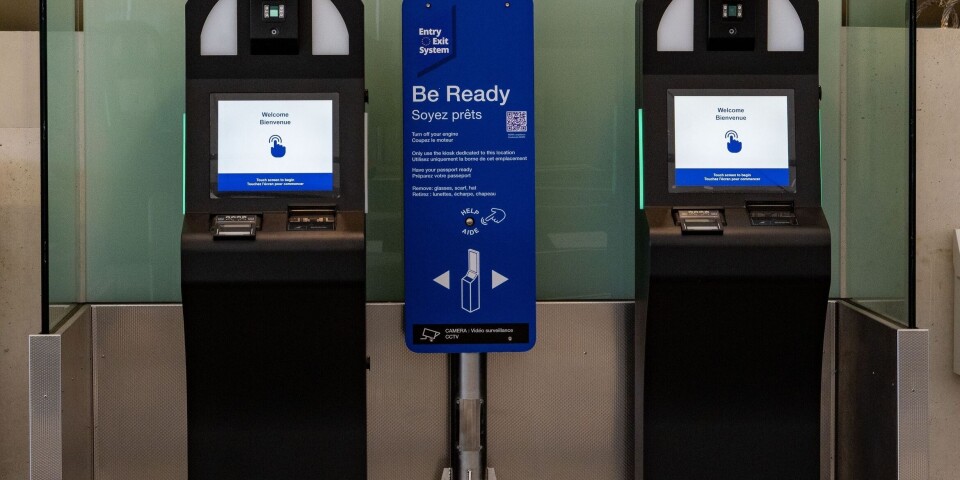-
Foundation helps Americans donate to Notre-Dame and Hermione ship restorations
Friends of Fondation de France helps Americans make tax-deductible donations
-
French city increases ‘bin tax’ by more than 90% in five years
The city is not the only one to increase the tax by a significant percentage
-
New anti-mosquito operation in Dordogne: What residents must do
Close to 100 cases of chikungunya have been recorded in department
Shortages of medicines putting patients at risk
Medecine shortages have increased ten-fold in the last decade, creating major risks for patients – including cancer and Parkinson’s sufferers.

Almost half (45%) of patients who cannot get their medicine either postpone, stop or never start their treatments, a study by the national patients’ federation found.
France Assos Santé also said 14% of people in this situation see their health deteriorate.
Yann Mazens, France Assos Santé’s policy officer, said: “People cope on their own. They exchange medicines or just change treatment without any professional opinion.”
Last year, the laboratory MSD was fined €350,000 by the national agency for medicine safety (the ANSM) following a shortage of Sinemet, used to treat the symptoms of Parkinson’s.
More than 500 drugs are concerned, mainly older ones. New drugs, often more expensive, are almost never out of stock.
Treatments for cancer, epilepsy, Parkinson’s and high blood pressure are often out of stock.
Vaccines are also involved, particularly if there are campaigns for them in countries popular with tourists. Hepatitis A vaccine, which is recommended for people going abroad, is often unavailable.
There are two types of shortage: one from the manufacturer and the other caused by a supply issue.
In the second case, the pharmacy is unable to give the medicine in a 72-hour period but the patient may be able to get it from another pharmacist.
But if there is a production issue, the medicine is quickly out of stock and restocking can take a lot longer as 60-80% of the active substances in medicines are made in Asia.
Other countries are also hit by shortages. In February 2018, 253 drugs were out of stock in Spain but France is more affected because drugs are cheaper.
The price difference between EU countries encourages “short-liner” suppliers to re-sell medicines from France to its neighbours – a business estimated at €5.4billion in 2015.
In 2016, a law was passed to manage the stocks better and avoid shortage of vital medicines but the risk of shortage has not disappeared.
The French Health Ministry says it will announce a new plan in the next few months.
























